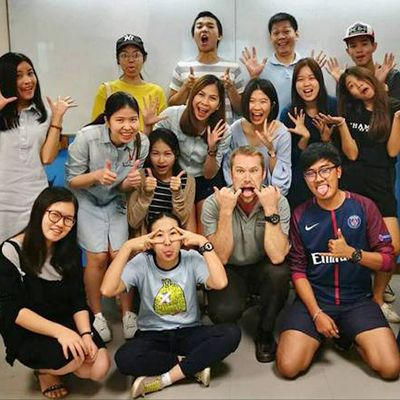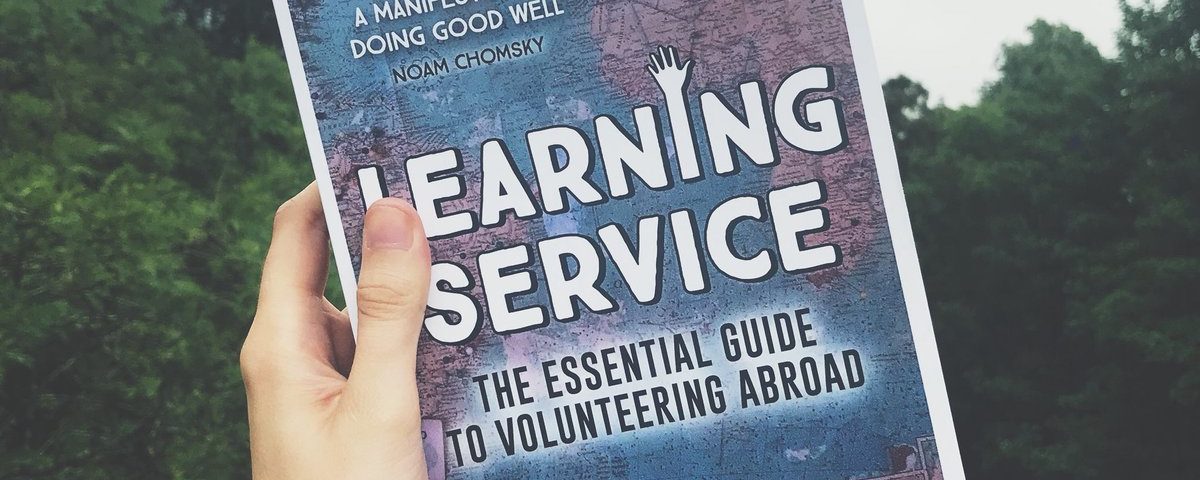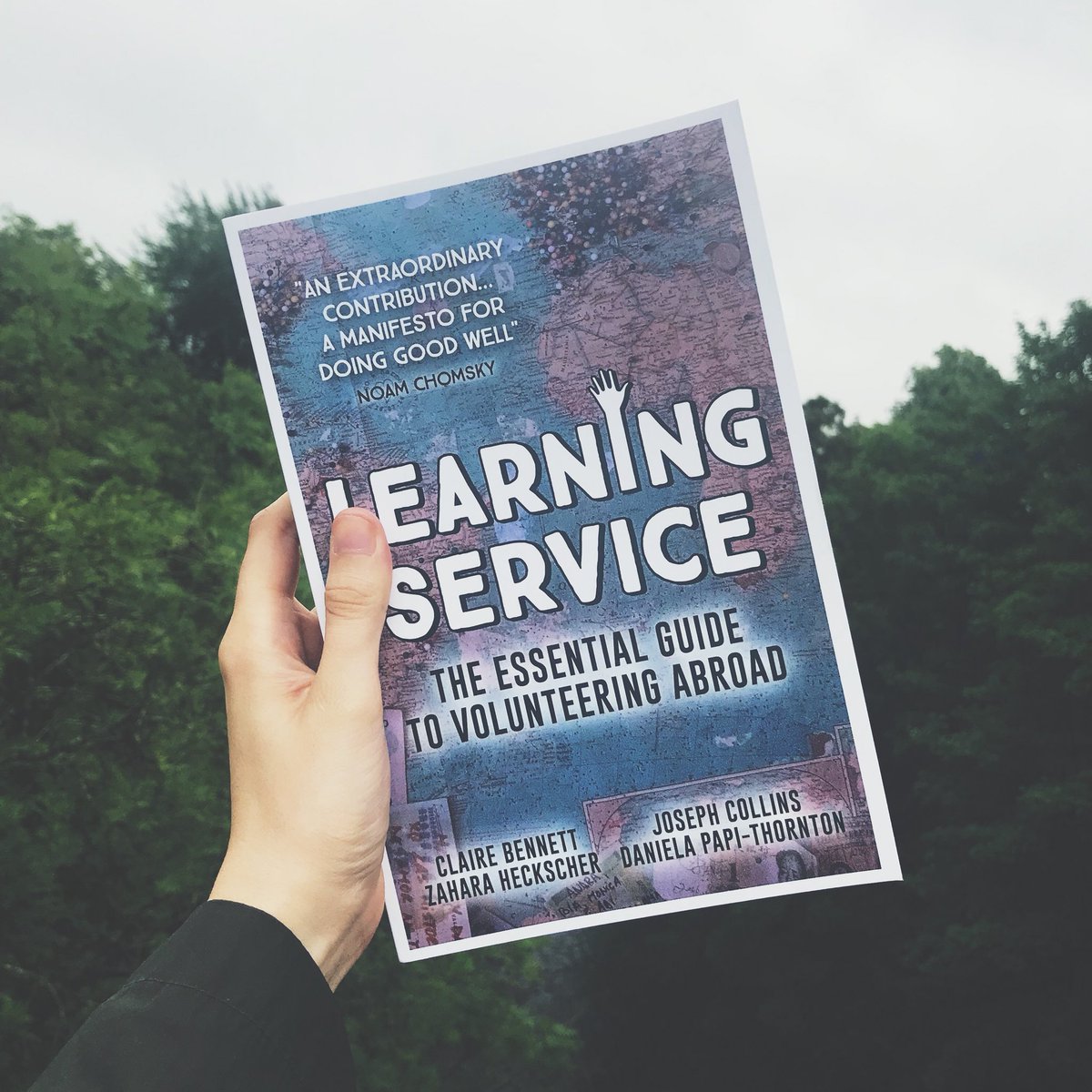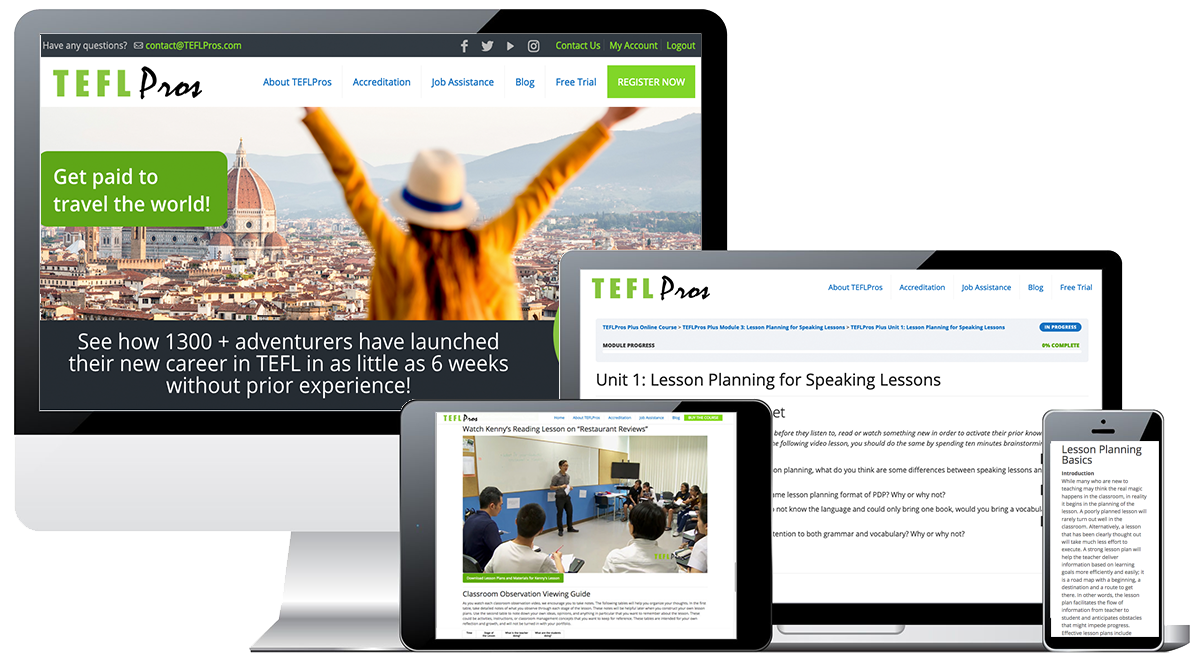
Why We Are Grateful We Taught English Abroad
December 19, 2019
Learning Service in the TEFL Industry
January 14, 2020
Volunteering Abroad Can Do Harm – But It Doesn’t Have To

Volunteering abroad is often marketed as a fun and easy way to change the world. But it is often much more complicated than it seems.
The Allure of International Volunteering
International volunteering is often marketed as a fun and easy way to change the world – basically a vacation with added “do-gooder” benefits. I was certainly sold on it when I first volunteered abroad as a teenager. I volunteered on and off for a good part of a decade, starting off with three months in Nepal and working up to three years in Cambodia, but the more I got into it, the more I peeled back the layers and realised that it was an activity much more complicated than it originally seemed. I waded into the issues and controversies of international development, helping to found an NGO, but I also became critical of the way most foreign aid worked. I started to see that good intentions didn’t always lead to good outcomes. And in fact, I witnessed a great deal of volunteer programs that were making issues worse.
As volunteering abroad became more popular, it increasingly became a sector in which large profits could be made. Rather than local people or communities setting the agenda for the projects and help they receive, travel companies catering to the demands of tourists became bigger players. This led to volunteers misdirecting or wasting resources, away from long term solutions and into quick-fixes that could be more easily done by tourists – what we refer to as Band Aid Solutions. Volunteers who were ill-suited or who lacked experience for certain roles were given them simply because they could pay to get them, or due to neo-colonial attitudes about their nationality or skin color. These unhealthy cultural stereotypes fed the white savior narrative, and led to bizarre and harmful situations where unqualified volunteers could perform roles such as medical care, teaching or construction.
The Worst Outcome
Possibly the worst outcome was the way in which hapless and naïve volunteers were inadvertently exploiting children. Orphanages are attractive places for volunteers as there are more opportunities to interact with children than in other settings. But orphanages were not proliferating due to a growing number of destitute children; instead this was a direct response to the growing demand for volunteering with children. It is estimated that 80-90% of children in orphanages have at least one living parent, and were often brought to institutions as a tourist attraction. When children’s homes are run as businesses, there is a profit incentive to exploit children rather than protect them – keeping the children underfed and the facilities poor ensures a steady stream of donations from tourists and volunteers. Finally, allowing tourists and short-term volunteers to visit and play with children psychologically and emotionally damages children who are already vulnerable.
A New Vision
This depressing backdrop led myself and my co-authors to attempt to reconceptualize international volunteering. The good intentions of all the eager young travelers set on making a difference was surely something to be applauded, when the alternative is hopelessness and apathy. But we wanted to find out how was it possible to avoid the misfiring of those intentions to ensure their goodwill could be channeled into effective action. Through our research, we found out that something all impactful volunteering has in common is that the volunteers embraced learning as a central part of their role and took action that was humble, mindful and self-reflective.
Learning Service
Thus learning service was born. Flipping the term “service learning”(what volunteering is usually called in schools and educational institutions) on its head, we aimed to emphasise that learning needs to happen before any service is designed or undertaken, and continue throughout the experience. In other words, we wanted to move from a model where a potential volunteer leaps off a plane and announces: “Hi, I’m here to help you!” towards a model where they are saying: “Hi, I am here to learn from you, about if and how I can be of help, either now or in the future.”
With learning service, the traveler’s role flips from “helping” right away to “learning,” which reframes their whole experience. This shift creates different power dynamics and different ways to measure success. In the learning service approach, we don’t assume that the people hopping off the plane have the answers. Instead, they have a chance to learn how they can offer effective help by learning from the only people who deeply understand the situation—the individuals who are affected by it. These individuals are the real experts on their true needs, and are the ones best placed to work for lasting change in their own community. Volunteers can join local people as effective advocates and allies, but only once they have put in the work to understand where and how their skills best fit.
Learning Service: The Essential Guide to Volunteer Travel
The thinking and research we did on this topic culminated with the recent publication of our book, Learning Service: The Essential Guide to Volunteer Travel. In the book, we attempt to lay out a path for potential volunteers to ensure that the choices they make and the action they take are fulfilling and valuable for both themselves and the cause they want to support. It begins with cultivating awareness of yourself – your motivations, assumptions and skills – along with a recognition of all you still need to learn.
Learning about global issues is not a satisfactory end goal for most of us. In fact, learning service treats it as fuel to the fire for volunteers to make real and lasting change. For many, this extends way beyond any time that we can dedicate to a placement overseas. Many people find that their experience abroad kick-starts much broader changes, such as the careers they go into or the issues they campaign on at home. In fact, the cumulative effect of lifestyle choices such as not using single-use plastic or buying locally can be more important than anything that can be achieved in a short-term placement overseas. We are, therefore, still very much inspired by the power of volunteers, and believe that those who follow the learning service approach can have a significant role to play in making the world a better place.
Claire Bennett is a co-author of Learning Service: The Essential Guide to Volunteer Travel. You can find out more about Learning Service from their website: www.learningservice.info or follow them on Facebook, Twitter or Instagram.

